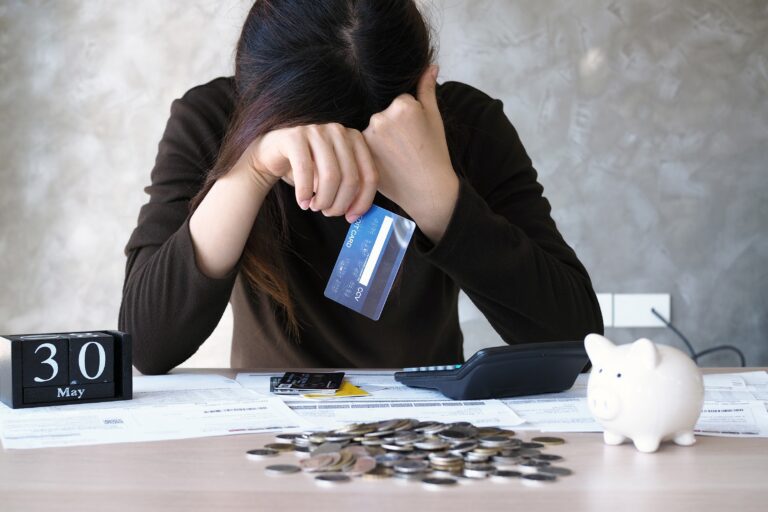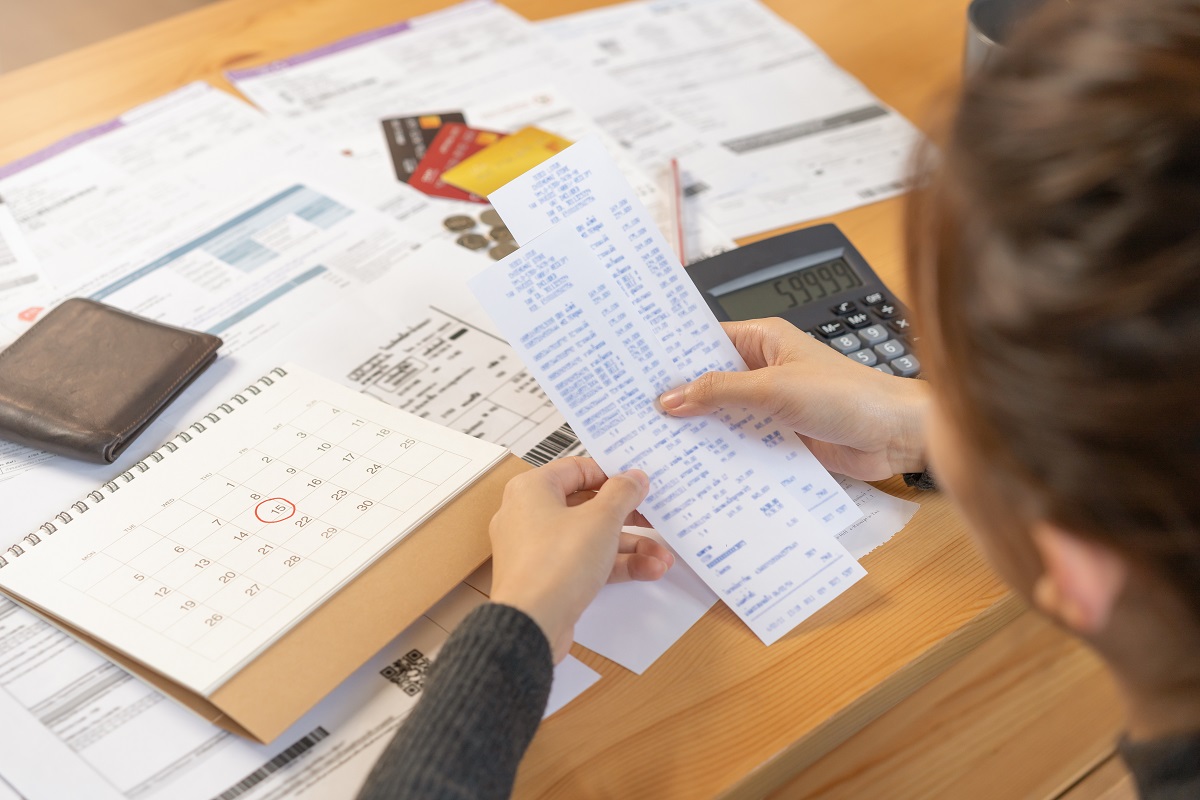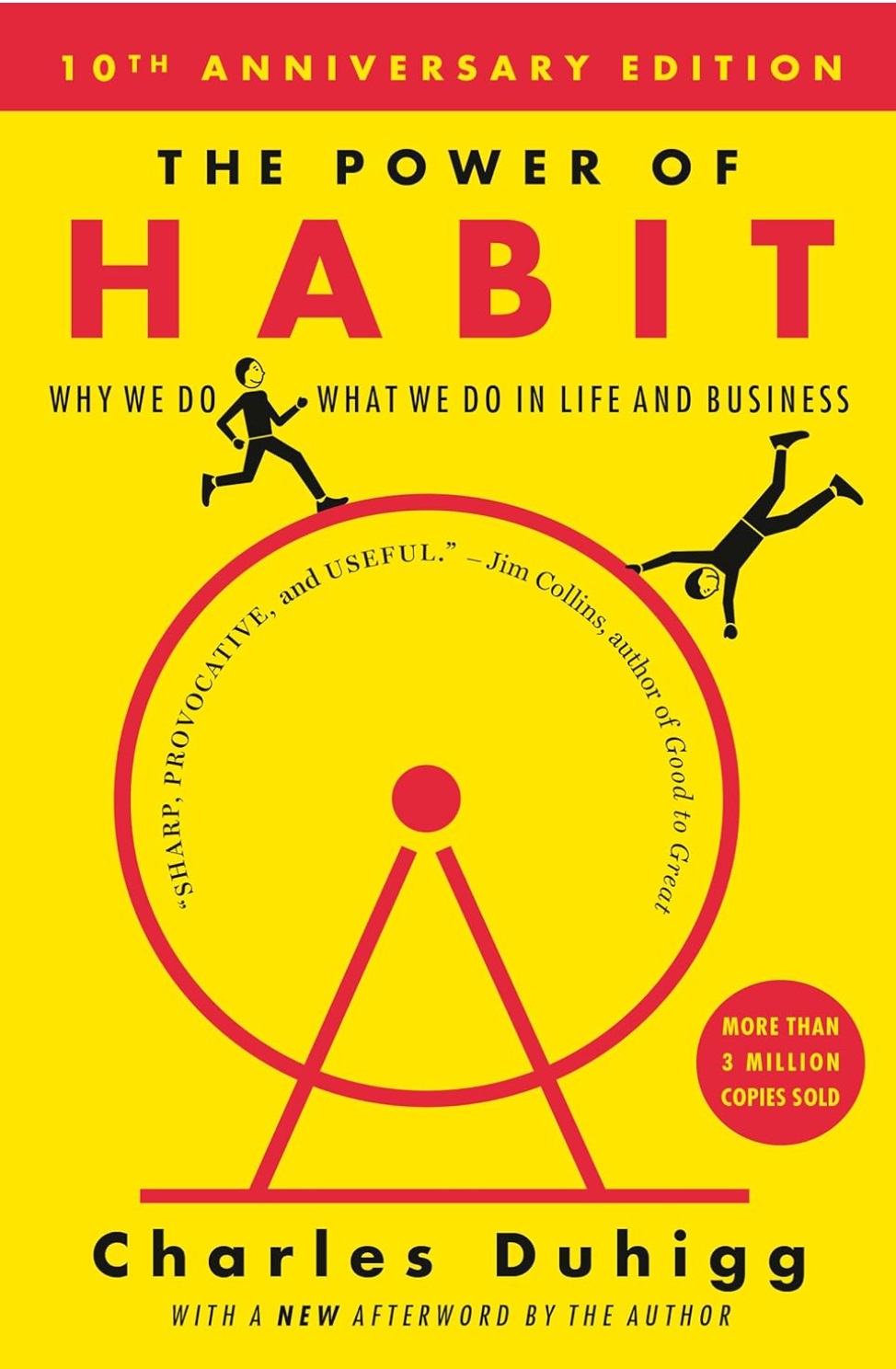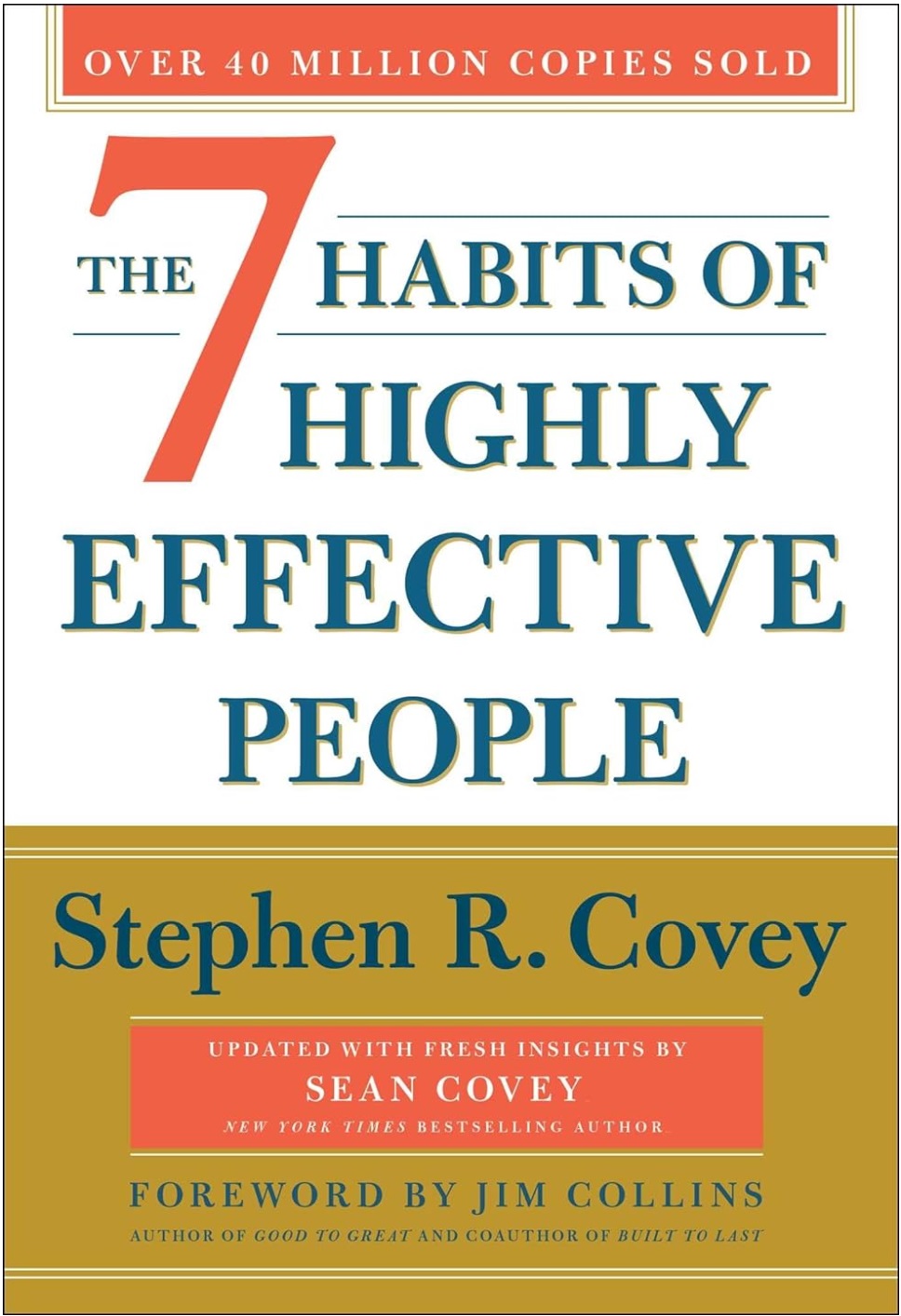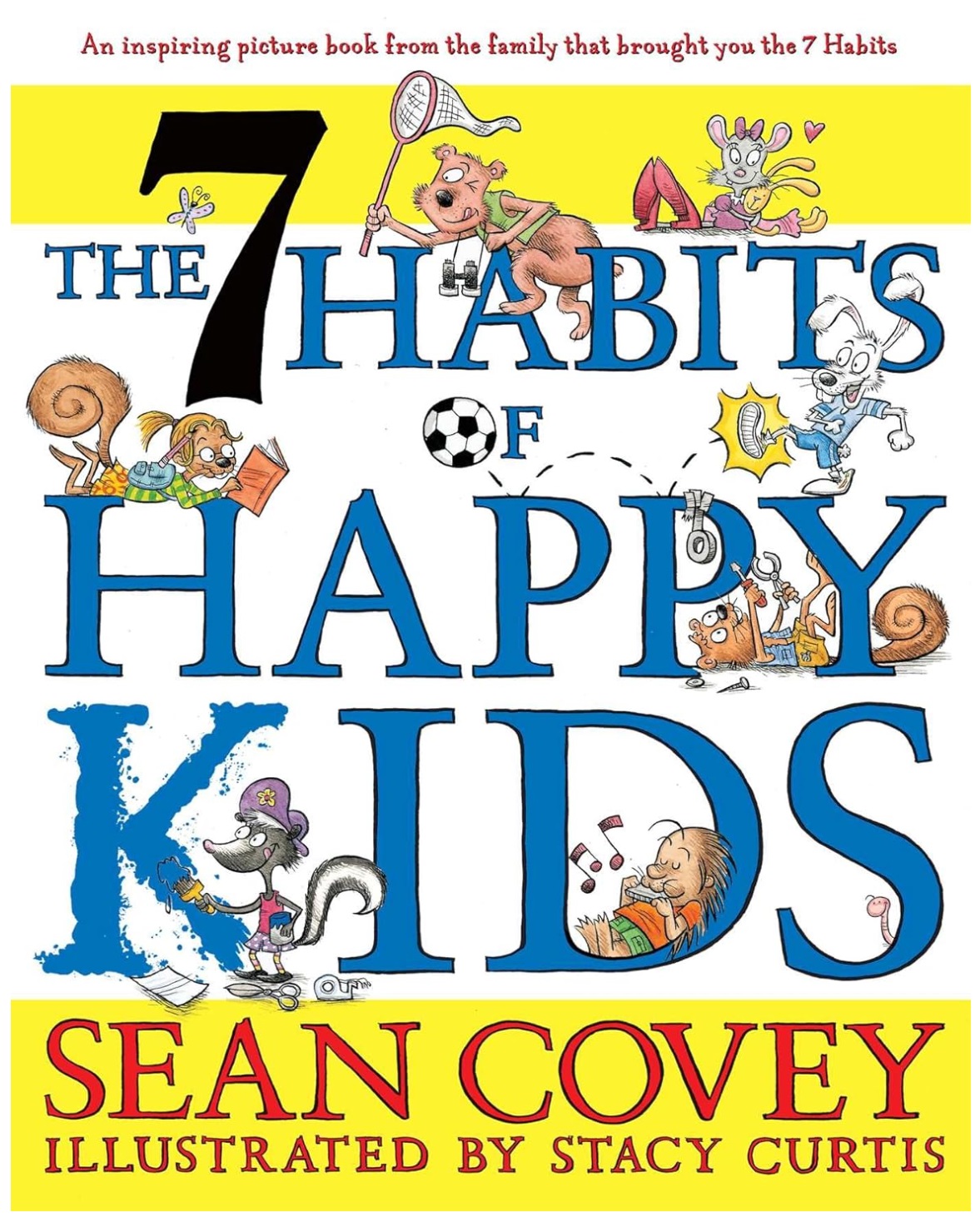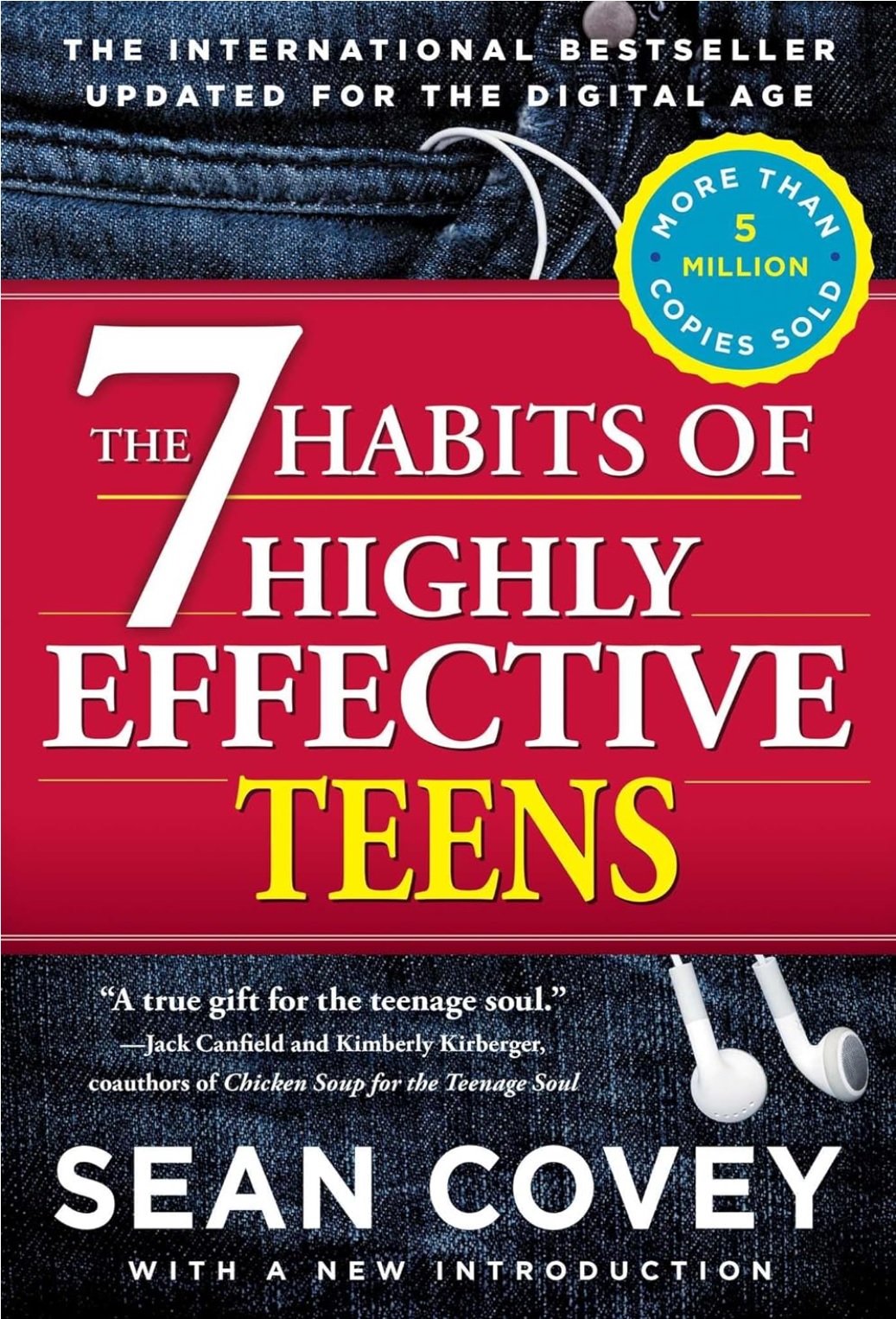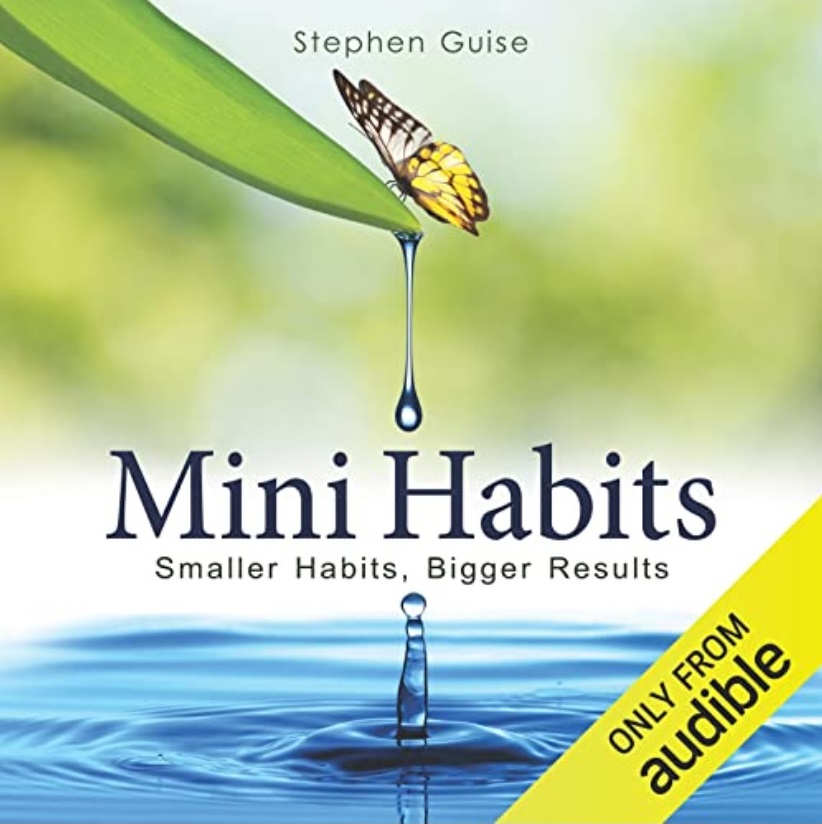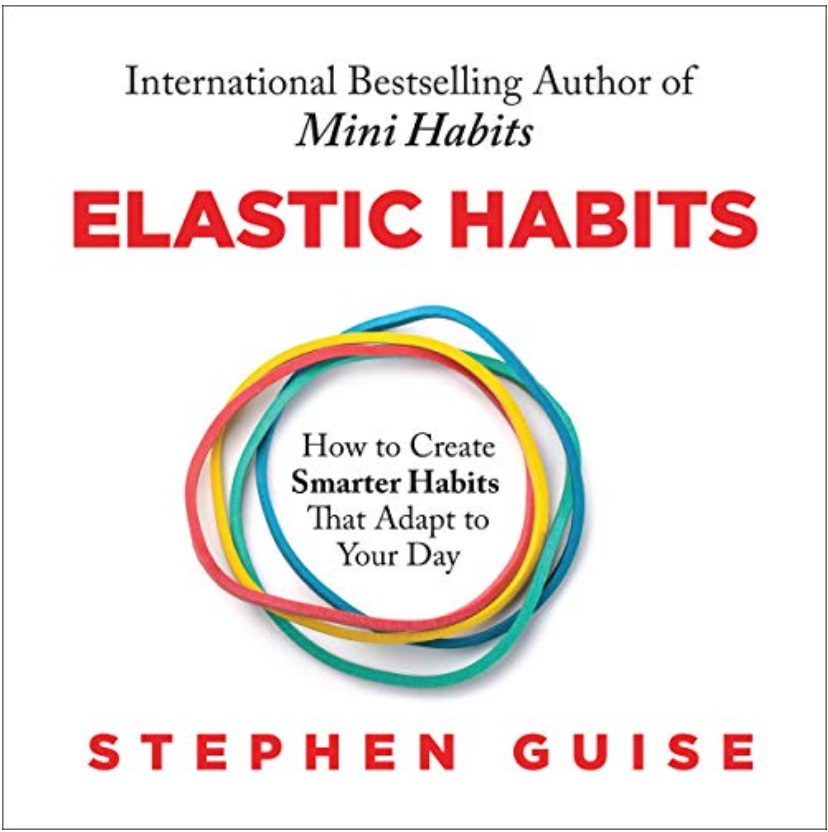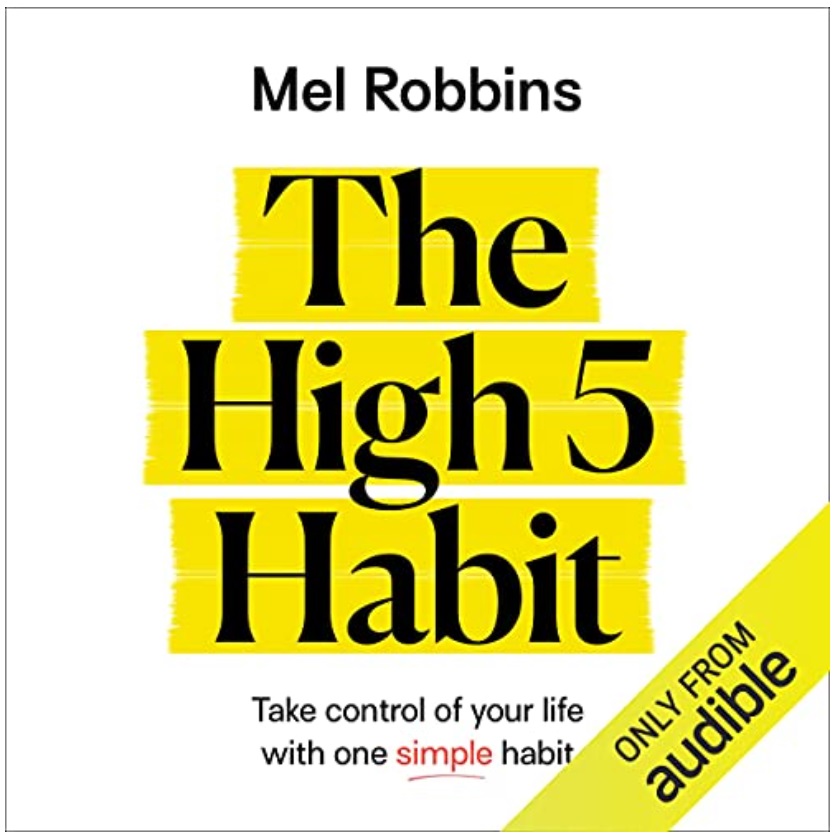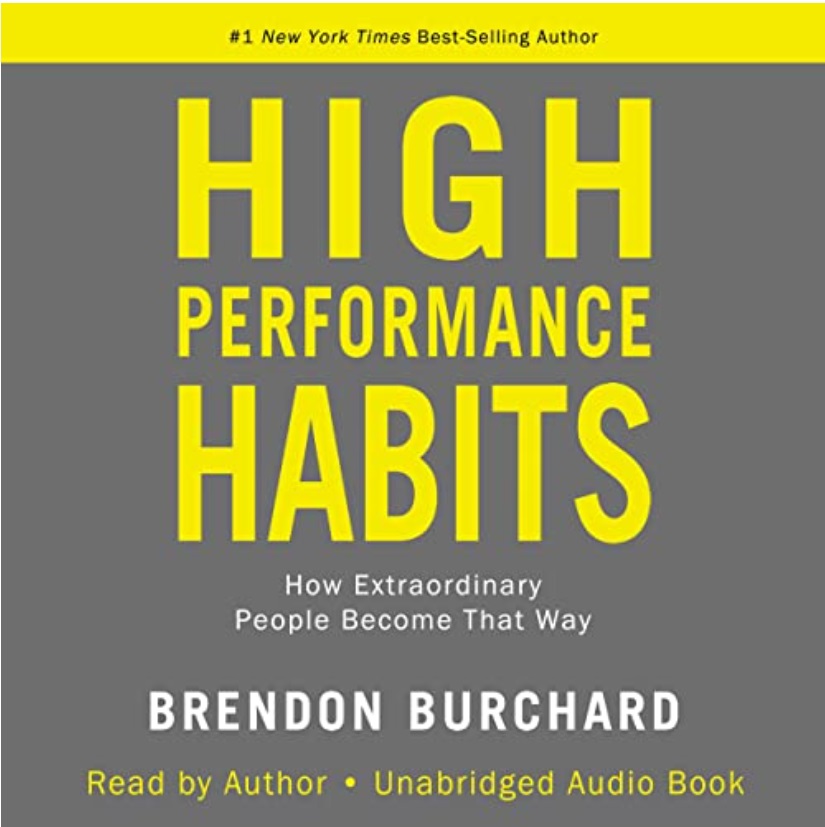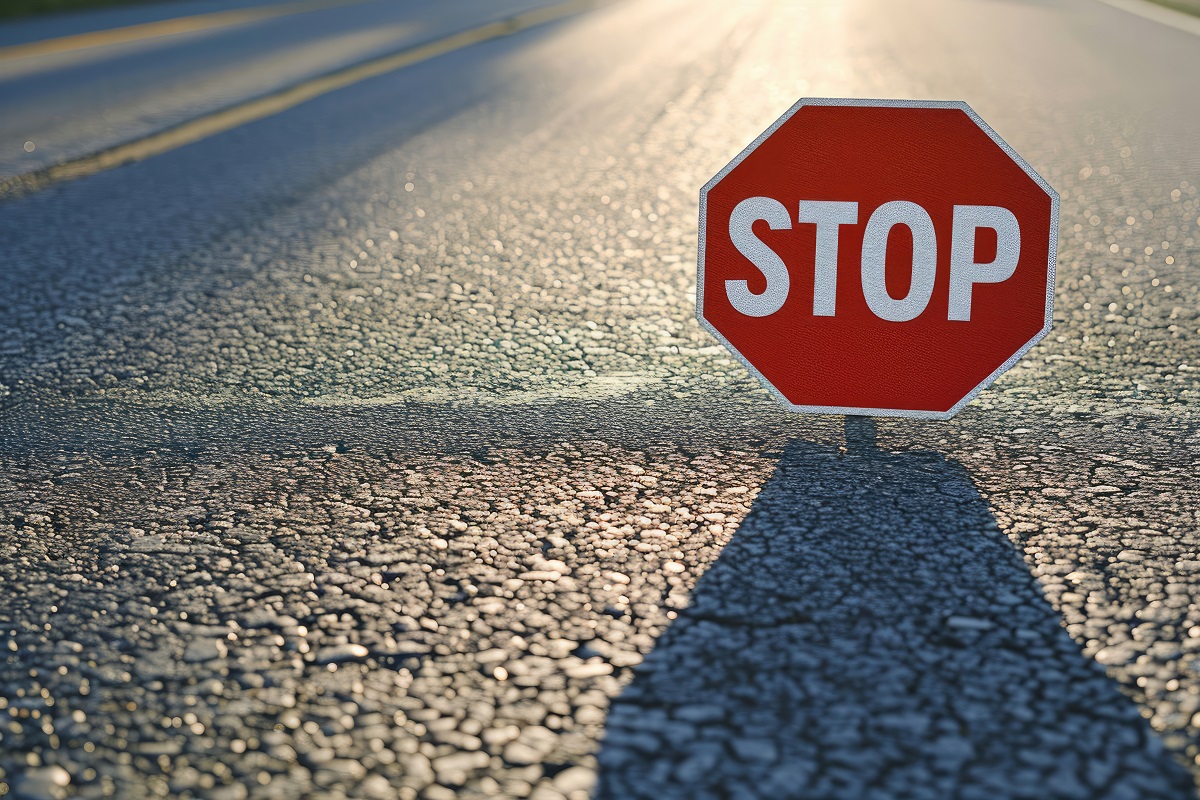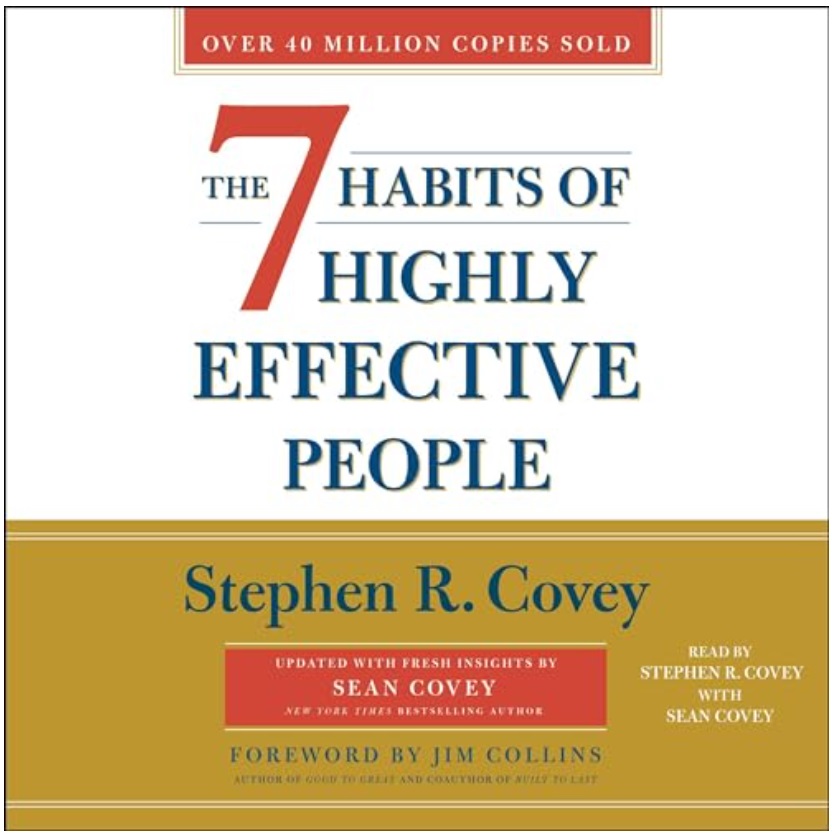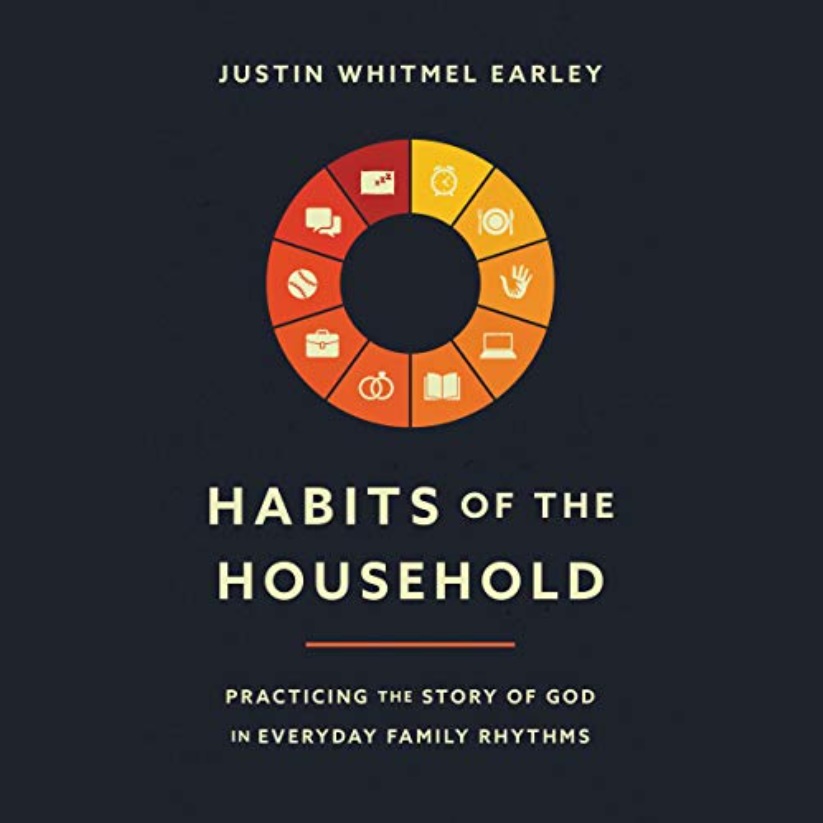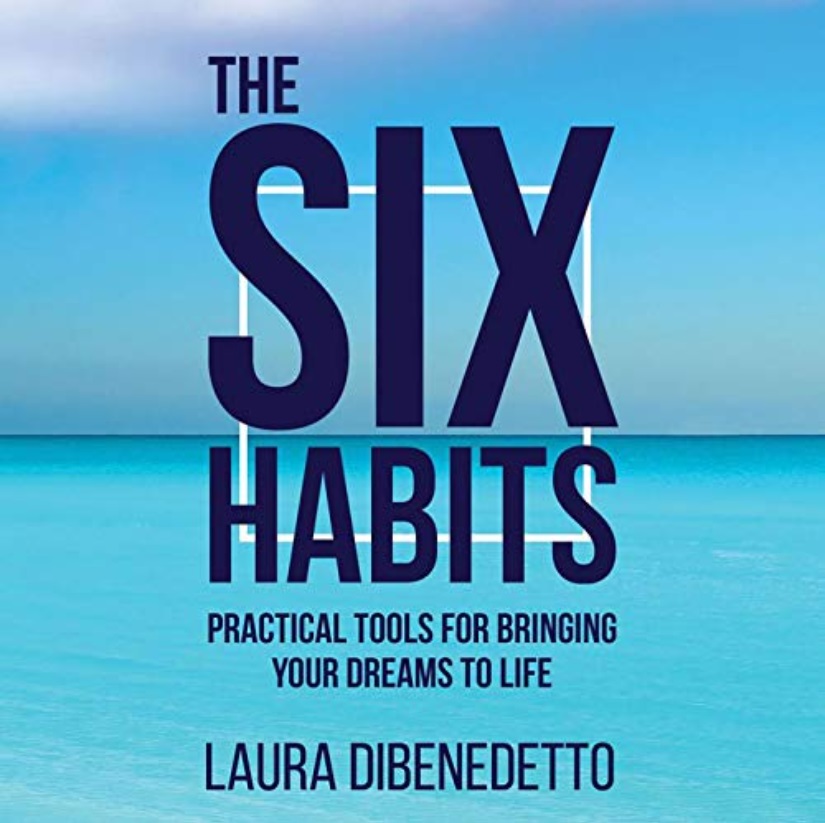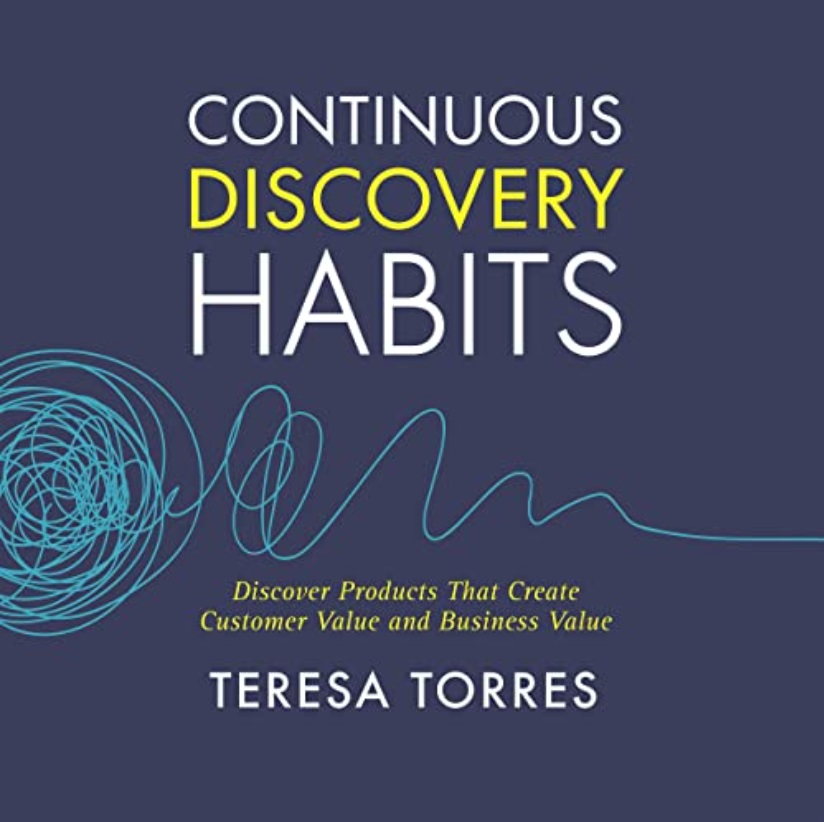- KEY POINTS
- Track your spending and avoid impulse purchases to break bad financial habits and gain control over your money.
- Build an emergency fund and pay bills on time to protect yourself from unnecessary debt and strengthen your financial stability.
- Use credit responsibly and involve your family in financial planning to create long-term habits that promote financial wellness.
Falling into debt can feel like being caught in quicksand. The harder you try to climb out, the more overwhelming it becomes. I’ve been there—relying on credit cards to make ends meet and feeling trapped by high-interest payments. It’s a cycle that many of us face, but the good news is, it’s possible to break free.
The key to avoiding bad debt is adopting habits that promote financial stability and smarter decision-making. These habits aren’t about drastic changes or cutting out all your fun; they’re about building a healthier relationship with money.
In this post, I’ll share practical strategies that have worked for me to avoid bad debt and create a more secure financial future. Let’s dive in.
Table of Contents
ToggleTrack Your Spending to Avoid Overspending
Understand Where Your Money Goes
The first habit I adopted to stop getting into bad debt was tracking my spending. At first, it was shocking to see how much I spent on non-essential items. Things like daily coffee runs, impulse buys, and subscription services were quietly draining my budget. By tracking every expense, I gained a clear picture of where my money was going and identified areas to cut back.
Tracking spending isn’t about judgment; it’s about awareness. Once you understand your spending patterns, you can make more intentional choices. For example, I realized I was spending far more on dining out than I thought. By limiting myself to one restaurant meal per week, I was able to redirect that money toward paying down debt.
To start, try keeping a log of all your expenses for a month. Whether you use a notebook, an app, or a spreadsheet, tracking your spending can help you stay in control of your finances. For more tips, explore 17 Surefire Ideas to Break Bad Spending Habits.
Categorize Your Expenses
Once I started tracking my spending, I took it a step further by categorizing my expenses. I divided them into needs (like rent, groceries, and utilities) and wants (like entertainment and shopping). This helped me see exactly how much I was spending in each category and where I could make adjustments.
For example, I noticed I was spending a lot on streaming services. Did I really need three different subscriptions? Cutting back to just one saved me $30 a month, which I put toward my savings instead. Categorizing expenses also helped me stay realistic about what I could afford.
By separating needs from wants, you can better prioritize your spending and avoid unnecessary debt. For more budgeting ideas, check out 9 Common Sense Habits for Sticking to a Family Budget.
Build an Emergency Fund to Avoid Relying on Credit
Start Small and Be Consistent
One of the most important habits I adopted was building an emergency fund. Before I had one, any unexpected expense—a car repair, a medical bill—would go straight on a credit card, leaving me with more debt to pay off. Now, my emergency fund acts as a safety net, giving me peace of mind and protecting me from falling into bad debt.
I started small, saving just $20 a week. Over time, it added up. The key was consistency. Even when money was tight, I treated my emergency fund like a bill that had to be paid. Having that buffer has saved me from countless financial headaches.
If you don’t have an emergency fund yet, start today. Even saving a little can make a big difference over time. For more guidance, visit Why Emergency Funds Matter and How to Start One.
Keep Your Emergency Fund Separate
One mistake I used to make was keeping my savings in the same account as my checking. It was too easy to dip into it for non-emergencies. Now, I keep my emergency fund in a separate account that’s not linked to my debit card. Out of sight, out of mind.
Having a dedicated account for emergencies helps you stay disciplined and ensures the money is there when you truly need it. It’s a simple step that can save you from relying on credit in times of need.
Pay Bills on Time to Avoid Late Fees and Penalties
Set Up Automatic Payments
Another habit that’s helped me avoid bad debt is paying bills on time, every time. Late payments come with penalties and can hurt your credit score, making it harder to get affordable loans in the future. I used to struggle with remembering due dates, so I set up automatic payments for all my recurring bills.
Automation has been a lifesaver. Not only does it ensure my bills are paid on time, but it also reduces stress. I no longer have to worry about missing a payment and facing late fees.
To get started, review your bills and set up automatic payments wherever possible. For more ideas, visit Good Habits to Build Credit and Why It Matters.
Create Payment Reminders
For bills that can’t be automated, I use payment reminders. I set alerts on my phone a few days before the due date, giving me plenty of time to make the payment. This simple habit has helped me stay organized and avoid unnecessary fees.
Staying on top of your payments is one of the easiest ways to avoid unnecessary debt. With a little planning, you can keep your finances running smoothly and protect your credit.
Avoid Impulse Spending
Identify Your Triggers
Impulse spending used to be one of my biggest financial pitfalls. I’d often buy things I didn’t need just because they were on sale or because I was having a bad day. Recognizing the emotions and situations that triggered these purchases was the first step in breaking the habit.
For me, stress and boredom were the main culprits. When I felt overwhelmed, I’d browse online stores for a quick mood boost. But those little “pick-me-ups” often led to regret when I saw my credit card balance. Once I became aware of this pattern, I started finding healthier ways to deal with stress, like going for a walk or calling a friend.
Understanding your own spending triggers can help you take control of your financial decisions. Think about the last time you made an impulse purchase. What led up to it? For more strategies, explore 17 Surefire Ideas to Break Bad Spending Habits.
Implement a Waiting Period
One habit that has helped me significantly reduce impulse spending is adopting a waiting period before making non-essential purchases. If I see something I want, I wait 24 hours (or longer for bigger items) before buying it. Nine times out of ten, the urge to buy passes, and I realize I didn’t actually need the item.
This habit has saved me so much money over the years and made me more intentional about my spending. Now, when I do make a purchase, it’s something I’ve thought through and genuinely value.
If impulse spending is a challenge for you, try setting your own waiting period. It’s a simple way to keep your spending in check and avoid unnecessary debt. For more ideas, check out 9 Common Sense Habits for Sticking to a Family Budget.
Use Credit Cards Wisely
Pay Your Balance in Full
I’ve learned the hard way that carrying a balance on credit cards can lead to a cycle of bad debt. The interest adds up quickly, making it harder to pay off the original balance. Now, I only use my credit card for planned expenses and make sure to pay the balance in full each month.
This habit has not only saved me money on interest but also helped me build a positive credit history. Using credit responsibly is one of the best ways to avoid bad debt while taking advantage of the perks that credit cards offer.
If you’re currently carrying a balance, focus on paying it down as quickly as possible. Start by paying off the card with the highest interest rate first, while making minimum payments on the others. For more advice, visit Debt-Free Living: Good Habits for Paying Off Loans.
Limit Your Credit Card Use
To avoid the temptation of overspending, I started using my credit card only for planned purchases, like groceries or gas. By sticking to a budget and treating my credit card like cash, I’ve been able to stay in control of my spending and avoid falling into debt.
Another strategy that’s helped me is keeping only one credit card in my wallet and leaving the rest at home. This reduces the temptation to use multiple cards and rack up unnecessary debt. For more tips on managing credit, check out Good Habits to Build Credit and Why It Matters.
Set and Stick to a Budget
Create a Realistic Spending Plan
One of the most effective ways I’ve avoided bad debt is by sticking to a realistic budget. In the past, I made the mistake of cutting out all non-essential spending, which left me feeling deprived and more likely to overspend later. Now, I create a budget that balances my needs, wants, and savings goals.
For example, I allocate money for things I enjoy, like dining out or entertainment, while still prioritizing savings and essential expenses. This approach has made budgeting feel sustainable and even enjoyable. For more ideas on creating a family-friendly budget, visit 9 Common Sense Habits for Sticking to a Family Budget.
Review and Adjust Regularly
Budgets aren’t one-size-fits-all, and they’re not static. Life changes, and so do financial circumstances. I review my budget every month to see what’s working and where I need to adjust. For instance, when my utility bills went up, I shifted some money from my entertainment category to cover the difference.
Regularly reviewing your budget helps you stay on top of your finances and adapt to changes without falling into debt. It’s a habit that keeps you in control and ensures your money is working for you.
Build and Maintain a Healthy Credit Score
Pay Bills on Time
One of the most important habits I’ve developed to avoid bad debt is paying all my bills on time. Late payments not only come with penalties but can also negatively impact your credit score, making it harder to qualify for loans or secure lower interest rates. I used to struggle with keeping track of due dates, so I set up automatic payments for recurring bills like utilities and credit cards. This simple change eliminated late fees and improved my credit score over time.
For bills that can’t be automated, I use reminders on my phone or calendar to ensure I don’t miss a payment. These small actions have had a big impact on my financial stability. Staying consistent with on-time payments builds trust with lenders and sets the foundation for healthy credit. For more tips, check out Good Habits to Build Credit and Why It Matters.
Keep Your Credit Utilization Low
Another habit that’s helped me maintain a healthy credit score is keeping my credit utilization low. Credit utilization is the percentage of your available credit that you’re using at any given time. I used to max out my cards, which hurt my credit score and made me feel overwhelmed by debt. Now, I aim to keep my usage below 30% of my total credit limit.
For example, if your credit limit is $5,000, try to keep your balance below $1,500. This habit shows lenders that you’re using credit responsibly, which can improve your credit score and make you a more attractive borrower.
If you’re currently using more than 30% of your credit limit, focus on paying down your balances and avoiding unnecessary purchases. For more strategies, visit Building Good Credit Habits for Financial Success.
Educate Yourself About Financial Wellness
Learn from Mistakes
I’ve made plenty of financial mistakes in the past, from overspending to relying too heavily on credit cards. Instead of dwelling on those mistakes, I’ve used them as learning opportunities to improve my habits. For example, after struggling with high-interest debt, I committed to paying off balances in full each month and avoiding impulse purchases.
Reflecting on your financial history can be a powerful tool for growth. Think about the lessons you’ve learned from past challenges and how you can apply them moving forward. For more guidance, check out Debt-Free Living: Good Habits for Paying Off Loans.
Stay Informed
Financial wellness is an ongoing journey, and staying informed is key to making smart decisions. I regularly read articles, attend workshops, and follow trusted financial experts to stay up to date on budgeting, saving, and debt management strategies. This habit has helped me feel more confident and empowered when it comes to managing my money.
There are countless resources available to help you build financial knowledge. From online blogs to local community classes, taking the time to educate yourself can make a big difference in your financial habits and overall well-being. For more practical tips, visit 21 Tips for Developing Smart Financial Habits.
Involve Your Family in Financial Planning
Discuss Financial Goals Together
One habit that has transformed my approach to money is involving my family in financial planning. We sit down together to discuss our goals, like saving for a vacation or paying off debt, and create a plan to achieve them. This open communication ensures we’re all on the same page and working toward the same priorities.
For example, we recently set a goal to save $1,000 for holiday expenses. By involving everyone, including the kids, in tracking our progress, it became a shared effort that brought us closer as a family. Setting financial goals together fosters accountability and helps everyone feel invested in the outcome. For more family budgeting tips, explore 9 Common Sense Habits for Sticking to a Family Budget.
Teach Kids About Money
Teaching my kids about money has been one of the most rewarding aspects of my financial journey. I give them small allowances and encourage them to save for things they want, like toys or outings. This practice not only helps them understand the value of money but also teaches them patience and planning.
For example, my daughter saved for weeks to buy a board game she wanted. Watching her excitement when she reached her goal was a reminder of how empowering financial independence can be. These small lessons set the foundation for responsible money management in the future.
If you have children, start introducing them to basic financial concepts like saving, budgeting, and delayed gratification. These lessons can make a lasting impact and help them avoid the pitfalls of bad debt as they grow. For more tips, visit 7 Tips to Develop Good Saving Habits.
Break the Cycle of Bad Debt – Final Thoughts
Breaking the cycle of bad debt starts with small, intentional habits. By tracking your spending, building an emergency fund, and setting clear financial goals, you can take control of your finances and avoid the stress of unnecessary debt. Staying disciplined with credit use and paying bills on time will further strengthen your financial foundation.
Remember, progress takes time. It’s okay to make mistakes along the way—as long as you learn from them and keep moving forward. Each habit you adopt brings you closer to financial freedom and peace of mind.
Start today. Pick one habit to focus on and take the first step toward a healthier financial future. For more insights and actionable advice, explore Habits You Should Adopt to Stop Getting into Bad Debt and the other linked posts in this guide. You’ve got this!
References
Blog Post References
- 9 Common Sense Habits for Sticking to a Family Budget
- 7 Tips to Develop Good Saving Habits
- Debt-Free Living: Good Habits for Paying Off Loans
- Good Habits to Build Credit and Why It Matters
- Building Good Credit Habits for Financial Success
- 21 Tips for Developing Smart Financial Habits
- 17 Surefire Ideas to Break Bad Spending Habits
- Why Emergency Funds Matter and How to Start One
- The Ultimate Guide to Financial Wellness

